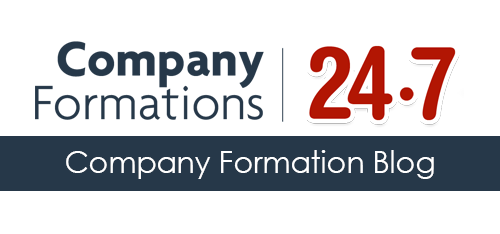Running your own startup or SME will mean that you’re subject to certain taxes that you weren’t previously as an individual. However, while there is a range of different incomings and outgoings that you’ll need to consider when running your own small business, one such tax you will face is income tax, which is similar to the income tax of an individual. Below we provide a quick crash course in income tax.
What is income tax?
Income tax, as its name suggests, is a tax that you will face on the income that your startup or SME makes. This will be a tax on your business’ profits, and you will only start paying this after the income tax free allowance threshold of £11,000.
If you’re a sole trader, this will also be dependent on whether you’re taking a salary from another place, and if you are then this will be factored into your tax-free allowance.
Small businesses file their business income tax returns with their own personal tax returns, and so your income tax will be included on your personal tax returns.
The tax date is usually the same as the personal tax date, which is around the beginning of April. This can change year for year and is something that you must make sure that you are aware of.
Income tax bands
There are four different tax bands, and you will be placed into one depending on the amount of profit that your small business or startup makes:
- Personal allowance – 0% tax up to £11,000
- Basic tax band – 20% tax on earnings of £11,001 and £43,000
- Higher rate tax band – 40% tax on earnings of £43,001 and £150,000
- Additional rate tax band – 45% on earnings over £150,000
You’ll need to keep on top of your earnings throughout the year and be ready to pay a tax bill at the end. Failing to prepare for this could leave you with a hefty bill that you can’t afford.
Reducing your income tax
There are clever and savvy ways of legally reducing the amount of income tax that your SME or startup owes. As a business owner, you can claim on many things that you purchase, such as mobile phone contracts or travel, as expenses on your business.
If your business earned £20,000, but you claimed £10,000 in expenses, then you can only be taxed on the remaining £10,000, meaning that you won’t pay any tax at all. Use the previously linked government advice on what you can and can’t claim on expenses.
National insurance contributions (NIC)
As the owner of an SME or startup, you will also face national insurance contributions, which is almost like another income tax.
If you are self-employed, you will face Class 2 and Class 4 NICs. Class 2 means you will pay £2.80 per week if you earn over £5,965, and Class 4 means that you will pay a tax on any profits. This works out at 9% between earnings of £8,060 and £43,000 and 2% on profits over £43,000.
If you are a company director, then you are technically an employee of your business, and so will pay Class 1 NICs. Class 1 NICs are calculated as a percentage of your wages, and most of it will be paid by you while the rest is paid by your employer.
Employees pay 12% on earnings between £155 and £827 per week and then 2% on any earnings above £827 per week.
What happens if you don’t pay your income tax bill?
Failure to pay your income tax bill will have the HM Revenue and Customs taking “enforcement action”. This can be in various forms, such as collecting the money from your pension, getting debt collection agencies involved, or taking money directly from your bank account.
This will also negatively affect your credit rating, so make sure that you stay on top of this throughout the year!



